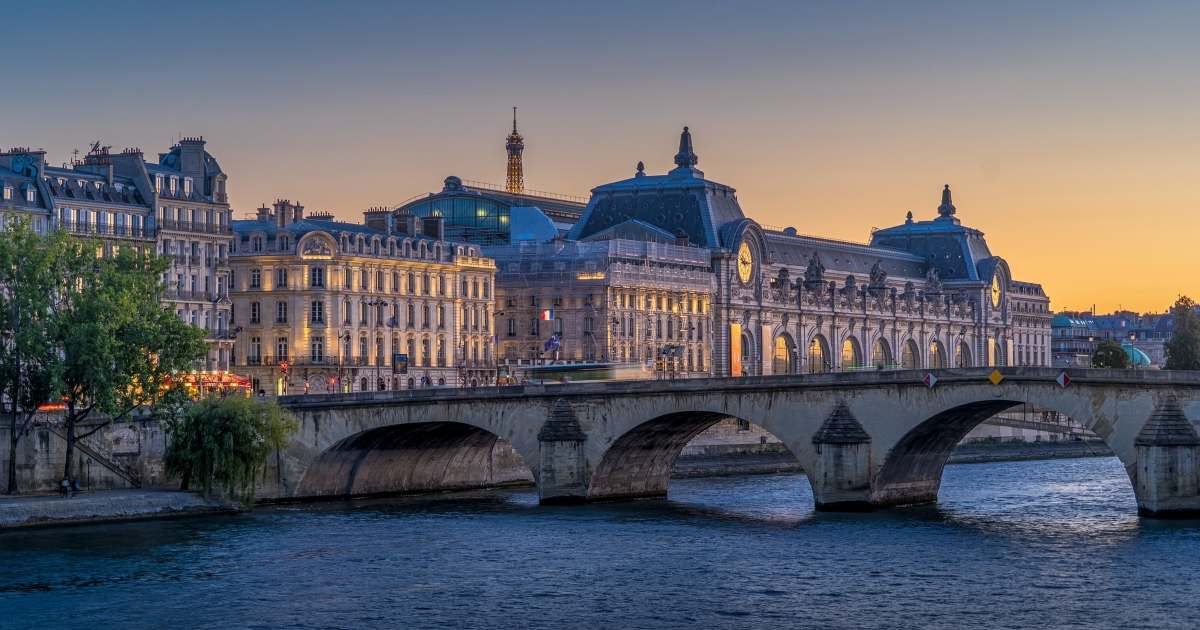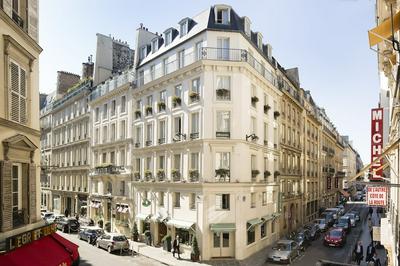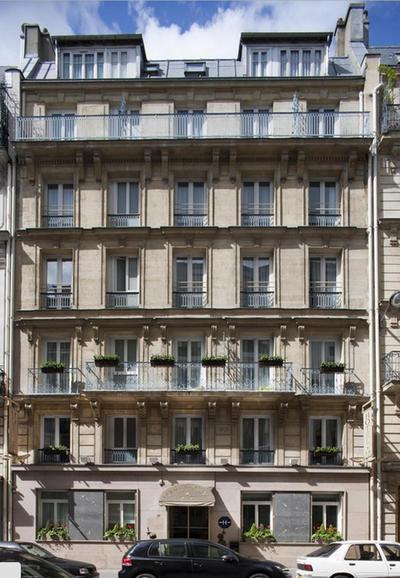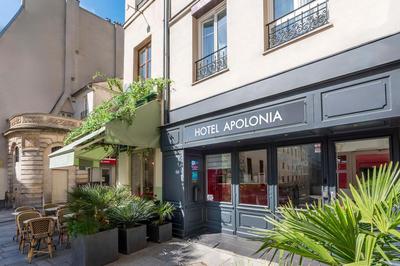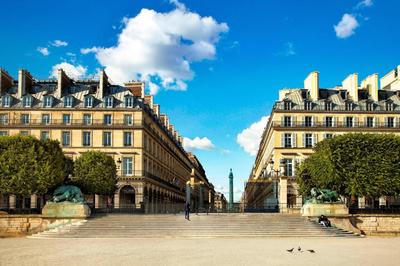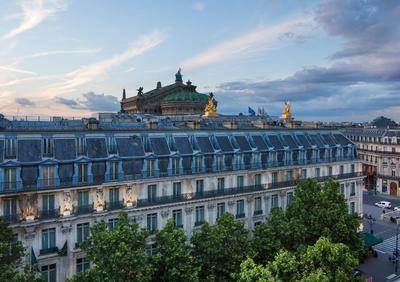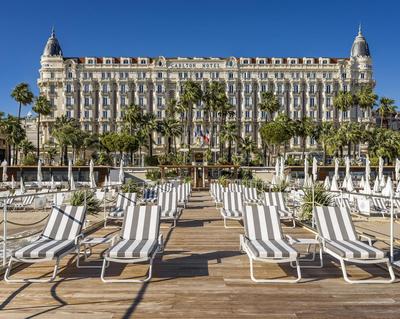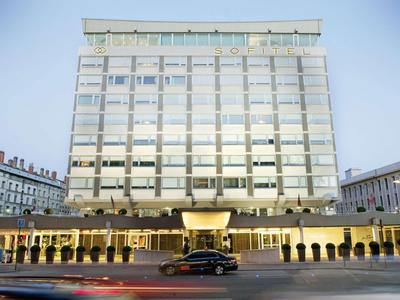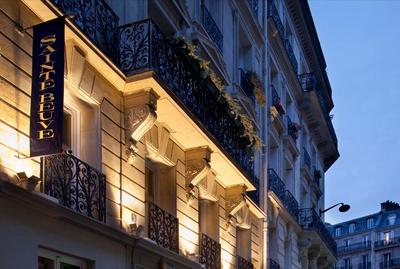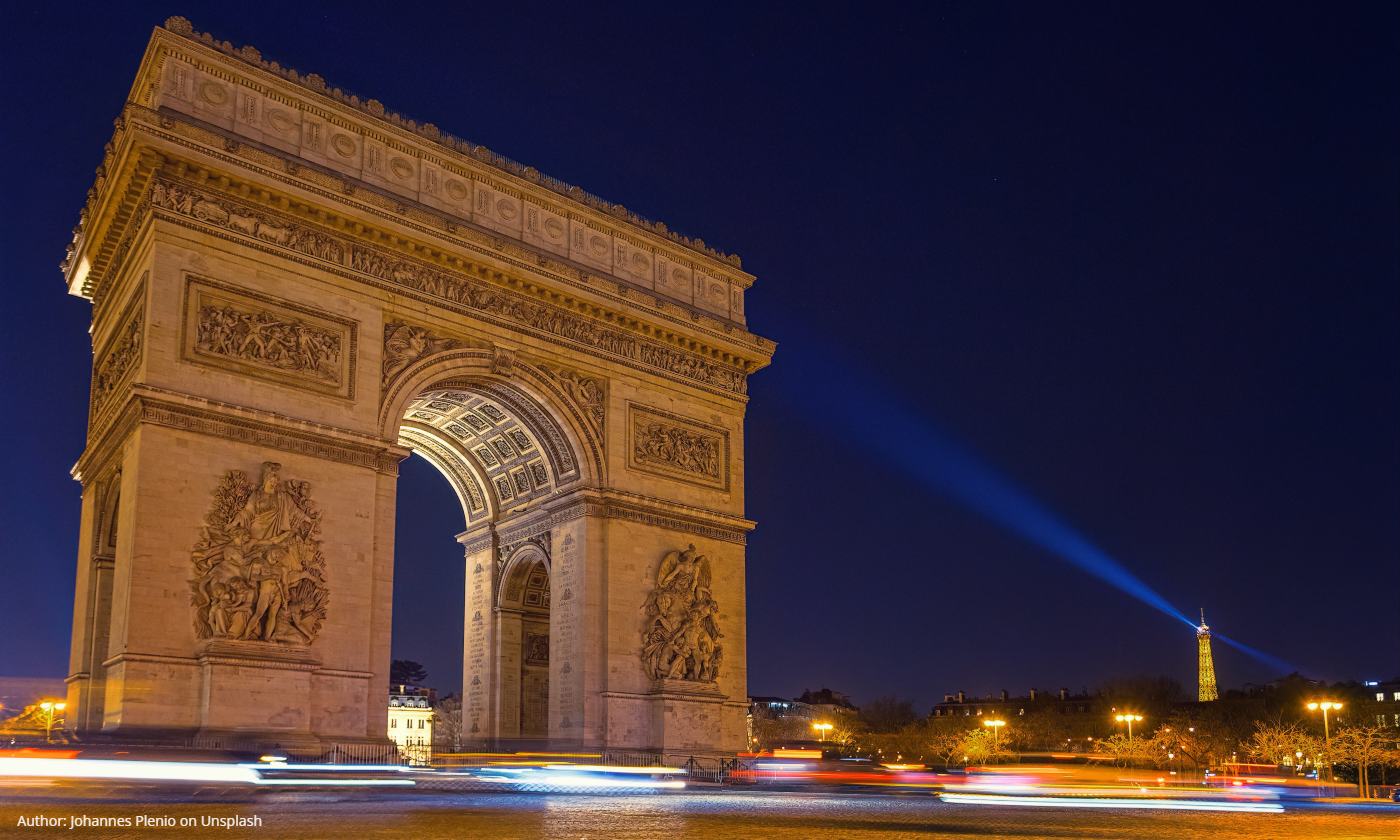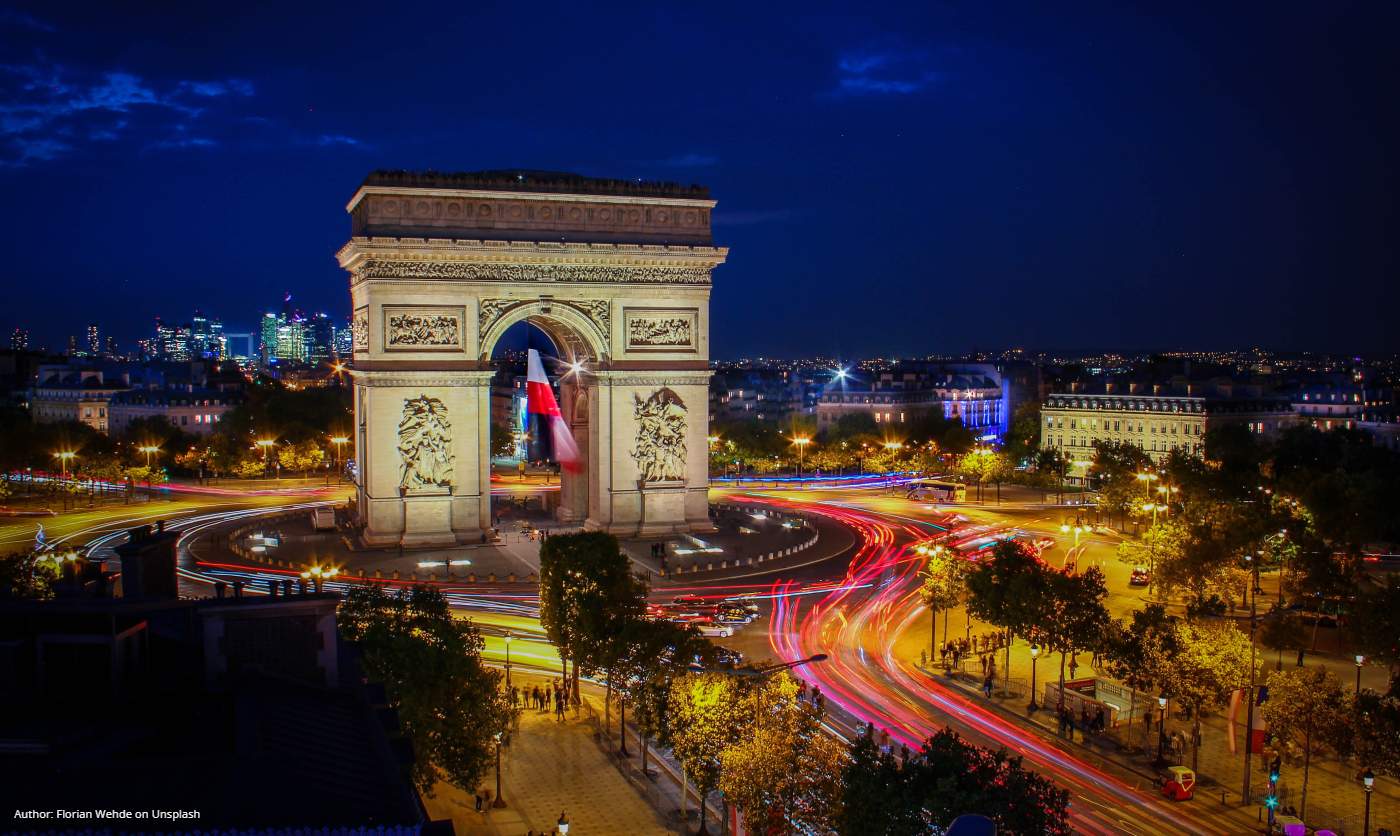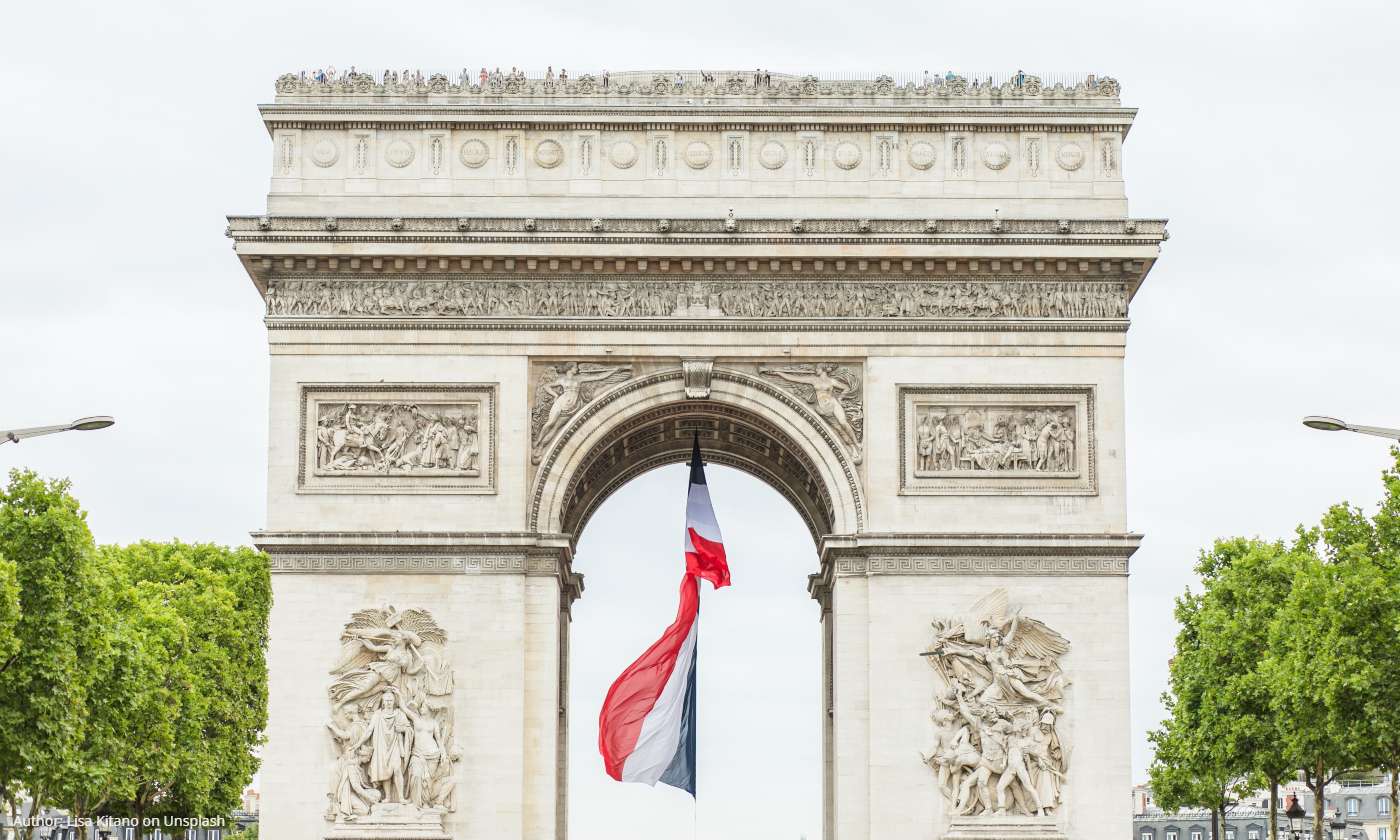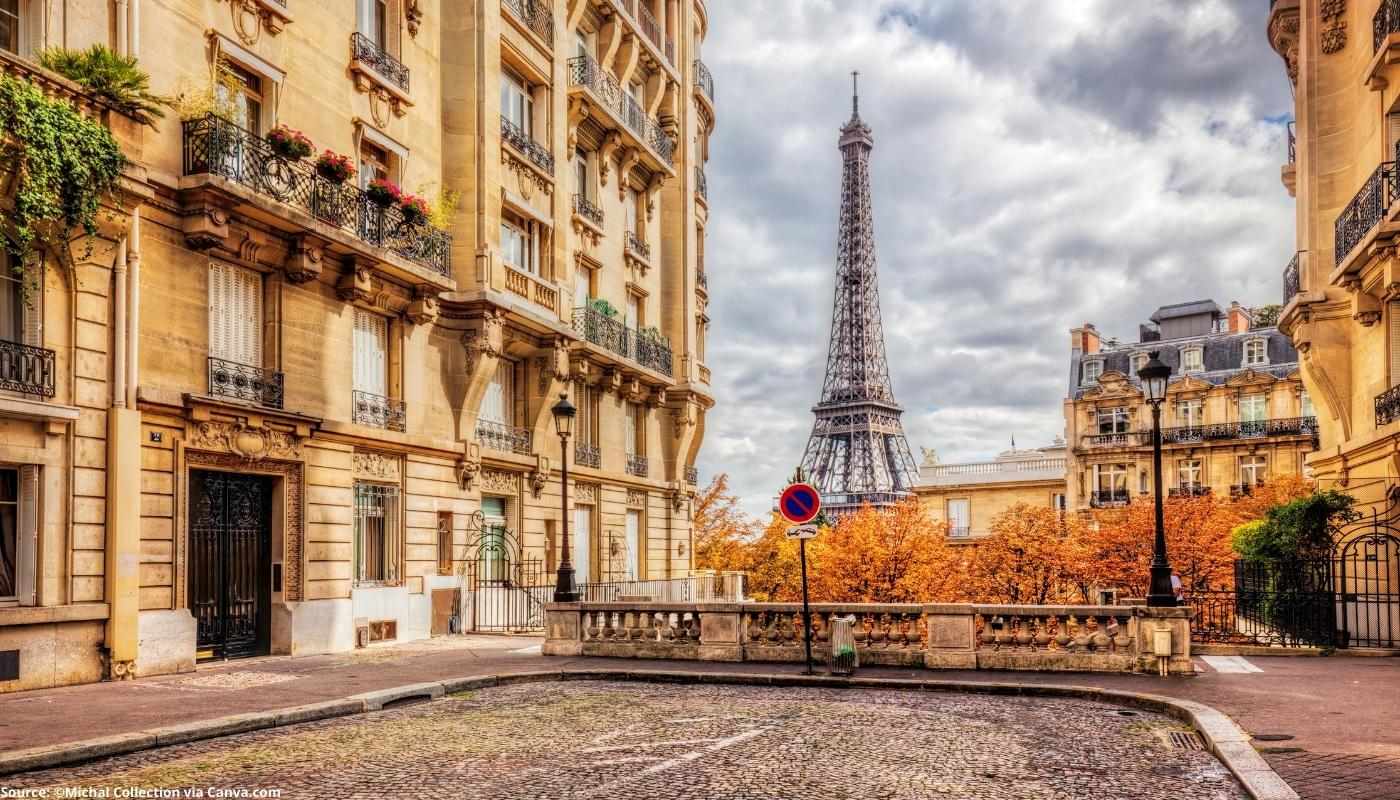When to visit France during the year?
France boasts a temperate climate that varies significantly across its regions. The best time to visit largely depends on the activities you favor. Summer (June to August) draws tourists to the beaches of the French Riviera and the lavender fields of Provence. Winter (December to February) is perfect for skiing in the Alps and enjoying Christmas markets in cities like Strasbourg. Spring (March to May) is ideal for witnessing the bloom in gardens like those at Monet's Giverny, while autumn (September to November) is great for wine lovers, particularly during the grape harvest in Bordeaux. Popular tourist spots see millions of visitors during these peak seasons, especially Paris, which alone recorded over 38 million visitors in 2019.
How to get to France?
France is well-connected globally, making it relatively easy to enter the country. From flights to road trips, there are numerous ways to reach this beautiful nation.
- Main airports include Charles de Gaulle Airport (CDG) in Paris, which is a major hub with international connections from North America (New York’s JFK), South America (São Paulo), Asia (Tokyo), Africa (Cairo), and Oceania (Sydney).
- Low-cost airlines like Ryanair and EasyJet operate within Europe, offering affordable fares.
- Flight times to Paris from major cities are approximately 7 hours from New York, 11 hours from Sydney, 2 hours from London, and 8 hours from Beijing.
- Main stations include Paris Gallieni and Marseille Saint-Charles.
- Buses connect major cities like Lyon, Nice, and Bordeaux, making travel convenient.
- France boasts extensive international train services, including Eurostar to London and Thalys to Belgium and the Netherlands.
- High-speed trains run frequently; for example, Paris to Lyon takes about 2 hours.
- Main highways such as the A1 from Paris to Lille and the A7 towards the south.
- Distances from major cities include approximately 4,800 km from Los Angeles, 1,100 km from London, and 1,500 km from Berlin.
- The majority of roads are in good condition, with some routes requiring tolls.
Tourist activities in France
France is a treasure trove of activities that cater to all interests. Exploring the historical sights, indulging in culinary experiences, or soaking in the scenic beauty are all possible.
City Adventures: In Paris, you can visit iconic landmarks like the Eiffel Tower and the Louvre Museum. Don't miss a Seine River cruise for breathtaking views. Alternatively, head to Lyon for its vibrant food scene and unique traboules.
Nature Escapes: The French Alps provide skiing and hiking opportunities, while Provence captivates with its countryside walks and lavender fields, especially vibrant in July.
Cultural Experiences: Discover the rich history in places like Normandy's D-Day beaches or the stunning Châteaux of the Loire Valley, showcasing Renaissance architecture.
Wine Tours: Regions like Bordeaux and Burgundy offer vineyard tours with tastings, allowing you to savor the region's finest wines.
With festivals throughout the year, such as the Cannes Film Festival and Bastille Day celebrations, there’s always something to engage and enchant visitors.
Accommodation in France
Accommodation options in France are diverse, ranging from luxurious hotels to cozy, budget-friendly hostels. In major cities like Paris, a mid-range hotel can cost around €100 to €300 per night, while boutique hotels and hostels often offer budget options from €30 to €80.
Villas and charming apartments are popular in rural areas, particularly in regions like Provence and along the Côte d'Azur, often appealing to families or groups. Splurge-worthy châteaux accommodations can be found in the Loire Valley, providing a romantic experience at higher prices.
Seasonal variations are evident; expect higher rates in summer and during events such as the Cannes Film Festival. However, booking during off-peak times (like late autumn or early spring) can unveil some amazing deals.
Food in France
French cuisine is renowned worldwide for its finesse and flavors. Staples include croissants for breakfast, rich coq au vin, and delicate macarons for dessert. Don’t forget to try regional specialties like Bouillabaisse in Marseille or Tarte Tatin in the Loire.
The dining scene is impressive, ranging from Michelin-starred restaurants to charming bistros and street food markets. Meals can cost about €15 at a casual restaurant, while a fine dining experience can easily surpass €100. For drinks, indulge in a glass of Bordeaux wine or a café au lait to complement your meal.
Important numbers and information
- Emergency services: Police - 17, Ambulance - 15, Fire Brigade - 18
- France Embassy Contacts: Locate your nearest embassy or consulate.
- Main Airports: Charles de Gaulle Airport, Roissy-en-France, 95700, France
- Currency: Euro (€) - Credit cards widely accepted
- Visa/Passport regime: Schengen Area rules apply; ensure passport validity.
What to see in France?
France is packed with must-visit locales, each telling a unique story. Begin in Paris, where the Eiffel Tower, Montmartre, and Notre-Dame Cathedral await. A short train ride brings you to Versailles, famous for its opulent palace and gardens.
The Loire Valley is dotted with splendid châteaux, while Mont Saint-Michel offers dramatic coastal views. For wine enthusiasts, Bordeaux is essential, famous for its vineyards and historic architecture. Don’t overlook Provence, known for stunning landscapes and quaint villages like Gordes, which become vibrant with seasonal festivals. Lastly, enjoy the breathtaking coastline along the Côte d'Azur, perfect for sunbathing and celebrity spotting!
History, geography and climate
France's history weaves through ancient civilizations, the rise and fall of monarchies, and revolutionary transformations, shaping its rich cultural tapestry. Geographically, it features diverse landscapes ranging from the snow-capped Alps to the sunny beaches of the Mediterranean, while the Seine River bisects the capital, Paris.
The climate varies significantly; the north experiences a temperate climate with average temperatures of 5-15°C in winter and 15-25°C in summer, while the southern regions enjoy milder winters (10-15°C) and hot summers (25-35°C). Rainfall is common, especially in the spring and autumn months, making the country lush and green.
Population and culture
With approximately 67 million inhabitants, France is a melting pot of languages and cultures. French is the official language, and the country embraces its rich linguistic heritage featuring over 100 regional languages.
The predominant religion is Christianity, particularly Roman Catholicism, but France is known for its secularism and cultural diversity. Rich traditions abound, from culinary arts to fashion, music, and literature, with annual events such as Bastille Day and the Cannes Film Festival highlighting its cultural calendar. Unique features like the appreciation of 'joie de vivre' permeate daily life, making it a fascinating place for both locals and visitors.

